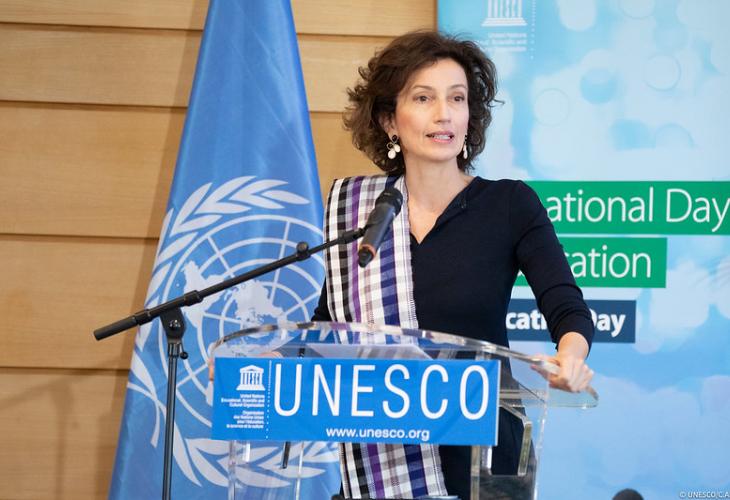A new United Nations Educational, Scientific and Cultural Organisation’s (UNESCO) ”Issue Brief” aimed at judicial actors and lawmakers has shown that countries are increasingly using criminal defamation laws and Strategic Lawsuits Against Public Participation (SLAPPs) to curtail freedom of expression.
Titled The “misuse” of the judicial system to attack freedom of expression, the publication says 80% of the countries in the world still criminalize defamation; at least 57 laws and regulations adopted or amended since 2016 in 44 countries contain overly vague language or disproportionate punishments, endangering online freedom of expression and media freedom; and in the last five years new laws have been passed to combat mis- and disinformation, cybercrime, or hate speech, but with potentially dire consequences for media freedom.
The UNESCO issue brief shows the breakdown of the numbers on different regions and addresses current trends, challenges, and responses worldwide on defamation and related laws, with a particular focus on abusive legal practices.
The issue brief also provides definitions, international standards, and landmark jurisprudence from the main regional human rights courts related to defamation, as well as good practices and recommendations for decriminalisation.
Other findings and trends from the issue brief include the gradual trend toward the decriminalization of defamation is slowing down, with 160 states still not having decriminalized defamation; several States have harshened or reintroduced provisions on libel, defamation and insult by stating new laws intending to address cybersecurity, “fake news” and hate speech; and that there has been a rise in abusive practices such as “forum shopping” and SLAPPs by powerful actors that want to silence critical voices and undermine scrutiny.
Other trends are that there have been emerging challenges linked to online communications, including increased vulnerability of journalists, artists, human rights defenders and bloggers; and that jurisprudence of international courts has reaffirmed that the speech about public officials is specially protected and must receive a proportional treatment under civil law.
The issue brief recommended, among others that, States should repeal criminal defamation laws, even if they are never or rarely enforced, and replace them by appropriate civil defamation legislation.
It called on coalitions of civil society organizations, media actors, public figures, international organizations and other relevant stakeholders to give new impetus to the campaign to decriminalize defamation offences.
It also noted that strategic litigation related to criminal and civil defamation cases handled by domestic and international courts can have a critical impact, by leading to decisions and interpretations aligned with international standards that can result in concrete legal and policy change, as well as set positive precedents for future cases
Tawfik Jelassi, UNESCO Assistant Director-General for Communication and Information, has said: “UNESCO continues to call for the decriminalization of defamation and warns against the trends of the use of judicial systems to attack media freedom.”
Download and read the UNESCO issue brief.






